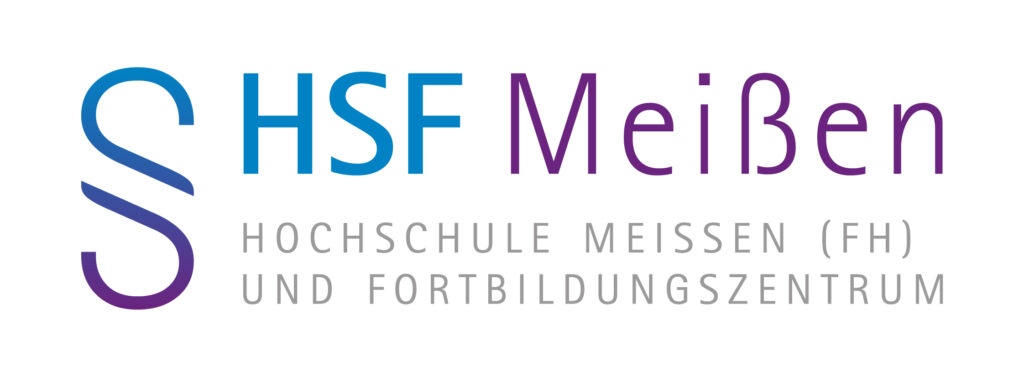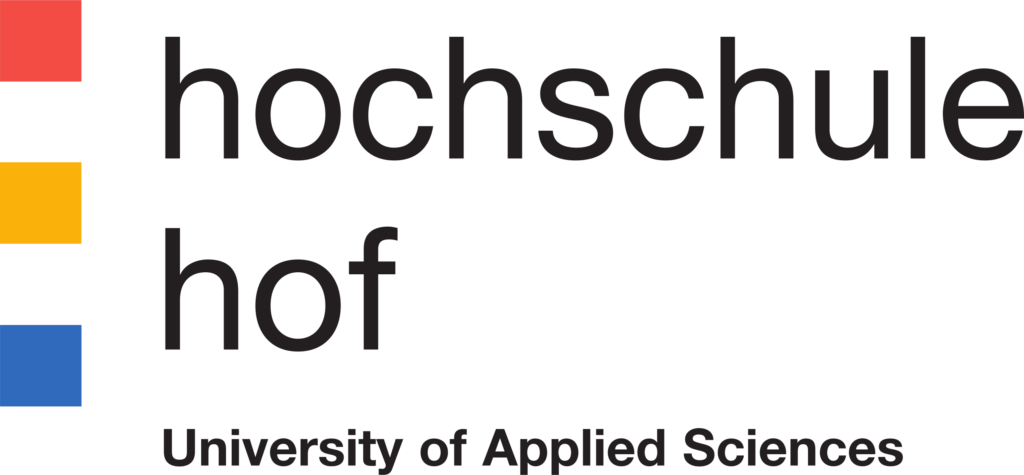Here’s a list of my teaching activities.
University of Bayreuth
Digital Project and Portfolio Management (Master’s)
Learning objectives | Digitalization has already led to profound and far-reaching changes in all areas of society. This raises key questions for companies, such as whether there is a target vision for successful digital transformation, how the transformation of their organization can be shaped, or how both digital innovations can be driven forward and disruptive technologies can be integrated. Digital projects and programs are key tools for entrepreneurial action. The focus of the course is therefore on the management of these digital projects, project portfolios and programs. At the end of the course, students will understand the requirements and special features of project and program management in the context of the digital age, know measures and methods for the management of digital projects, portfolios and programs and be able to apply them in a targeted manner depending on the application.
Course content | The course teaches the necessary theoretical and practical skills for the successful management of digital projects, project portfolios and programs. Based on current trends in the age of digitalization (in particular digital transformation, innovation and disruption), students learn about project management and evaluation, sourcing strategies, innovation management and approaches to dealing with disruptive technologies. Students also learn about classic and agile project management methods and how to apply them. In addition, students learn about the opportunities and challenges of digital transformation, innovation and disruption through case studies. Current research topics relating to digital projects, portfolios and programs are also explored in greater depth through the discussion of academic publications.
- Winter term 2020/2021 (blended learning format)
- Winter term 2021/2022 (blended learning format)
Strategic IT Management (Master’s)
Learning objectives | The Strategic Information Management module is designed to make students familiar with contemporary topics and challenges related to the strategic management of information technology (IT) and information systems (IS). Thereby, the lecture covers emerging digital technologies such as Artificial Intelligence and Blockchain. It stresses the strategic aspects of the topics introduced and shows how they are leveraged to generate sustainable business value. Upon completion of this module, students are acquainted with the most important concepts, methods, and techniques for a business-oriented management of IT organizations. Furthermore, participants will be able to identify the principal constituents of IT strategies and have a sound understanding of how the various domains of IT management contribute to the overall value creation of the business.
Course content | To achieve the learning objectives, the lecture will familiarize students with the various decision domains that IT strategy needs to incorporate and align, structured along a reference framework for strategic IT/IS management. Besides explaining fundamental concepts, the lecture discusses information management issues arising from emerging digital technologies. First, the lecture introduces fundamental concepts of IT infrastructure and applications that will enable the students to understand the “IT world” as well as to communicate with IT experts in business settings. Building on these foundations, general principles of IT organizations as well different models of IT value generation will be introduced and contrasted. An introduction to the principles and particularities of project and project portfolio management as well as IT innovation management will allow students to understand how to change the corporate IT landscape. Finally, the internal perspective of the IT organization will be complemented by investigating the value chain interfaces of IT. This includes the sourcing and delivery of IT services as well as the alignment of IT and business strategies.
Introduction to Project Management @ Software Project Seminar (Bachelor’s)
Learning objectives | After attending the course “Software Project Seminar”, students should be able to work on complex software development projects. To this end, fundamental concepts and methods of software engineering are both theoretically developed and practically tested. Students will acquire basic knowledge of an object-oriented programming language and learn to create their own software systems in this programming language according to a defined process model. In addition, students will be able to create conceptual models of structures and processes within an organizational unit and then interpret them appropriately.
Course content | The course introduces basic concepts for the design and implementation of software projects. Students will then put their newly acquired knowledge into practice in the form of a software project.
- Winter term 2019/2020
- Winter term 2020/2021 (virtual)
- Winter term 2021/2022 (virtual)
- Winter term 2022/2023
- Winter term 2023/2024
- Winter term 2024/2025
Introduction to Business Information Systems (Bachelor’s)
Learning objectives | The course provides in-depth knowledge of the opportunities and risks of digital transformation for business and society and the associated changes with regard to the networking of organizations and individuals. Students should be enabled to acquire basic management skills in dealing with the digital transformation.
Course content | The challenges of digital transformation for business and society consist of making business models future-proof (digital business), making the best possible use of the potential of new technologies to enable innovative business models (digital disruption) and continuously adapting corporate structures to changing innovative business models (digital transformation). The course provides a basic insight into business informatics topics.
Theses & Misc.
- Supervisor of 28 Bachelor theses
- Supervisor of 17 Master theses
- Supervisor of several seminar groups on Bachelor’s and Master’s level
VWA Nürnberg
IT Project Management
Curriculum
Introduction to Scientific Writing
Curriculum
Theses
Curriculum
Hochschule Meißen (FH)
Database Systems
Learning objectives | Upon completing this course, students will develop a profound understanding of databases in public administration, recognizing their typical application fields. They will evaluate essential database concepts and gain knowledge of the structural foundations and operations of database management systems, with a focus on both server-based and desktop environments. Additionally, students will familiarize themselves with key database models, such as the relational and object-oriented models, and interpret (object) class diagrams. Equipped with these skills, they will be able to adeptly analyze and abstract practical scenarios, ultimately designing database models, implementing databases, and successfully managing technical implementations using IT resources.
Course content | This course delves into Database Systems, covering models, system concepts, and architectures. Students navigate the database design process, exploring conceptual, logical, and physical design levels with examples from geographical and multimedia databases. Emphasis is placed on relational data modeling using ERM and UML, while adhering to data protection regulations. Practical tools, normalization techniques, and SQL querying are introduced. The course progresses to object-oriented database concepts, implementation basics, and crucial aspects of administration, authorization, security, and data protection. Interoperability with web systems, services, warehouses, and data mining is examined. Practical work involves using software products like MS-SQL Server, Oracle, and MySQL, concluding with user interface principles.
- Winter term 2023/2024
- Winter term 2024/2025
Hof University (University of Applied Sciences)
in cooperation with VWA Nürnberg



